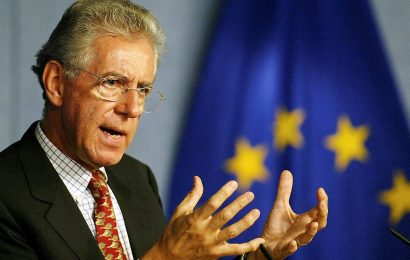The refugee situation is “a graver risk to Europe than the financial and economic crisis that preceded it”
According to a report released by The Economist Intelligence Unit’s, called “Europe stretched to the limit”, the migration crisis can cause major political, legal and economic repercussions within the continent, that are considered to be bigger than the ones caused by the financial crisis. The current refugee situation is the worst migration crisis since World War II.
“The euro zone responded to financial crisis by repeatedly ‘kicking the can down the road,’ but that’s not an option when thousands of refugees and migrants are arriving every day,” the EIU report quotes.
More than one million refugees arrived in Europe by sea in 2015, the United Nations refugee agency (UNHCR) data shows. The number divides into people running away from war, seeking asylum and economic migrants.
Countries like Greece are constantly struggling to welcome the influx, as their own economies are dropping. After the EU and Turkey agreement signed in March, Greece is allowed to send back migrants that are not compliant with the country’s regulations.
“The EU-Turkey deal has bought some breathing space, but it is beset by formidable political, legal and practical problems. If it collapses, we are back at square one and facing a crisis with the potential to pull the EU apart. The EIU expects that national governments and supranational institutions will manage to ‘muddle through’ most of Europe’s crises over a medium-term horizon, albeit at a significant political and economic cost. Greece is the exception to this rule: it is more likely than not (60%) that Greece will have left the euro zone by 2020. It is questionable whether any Greek government, of any political complexion, could implement the measures required under the third bail-out programme. A Grexit would represent a huge political failure for the bloc, with potentially destabilising consequences: the principle of irreversibility would have been shattered,” said the EIU report.
2.300 officials have been appointed to make sure the deal is respected. Nevertheless, the EIU warns: if the deal is illegal it “could lead to legal challenges, which, if successful, could undermine the effectiveness of the new scheme.”



